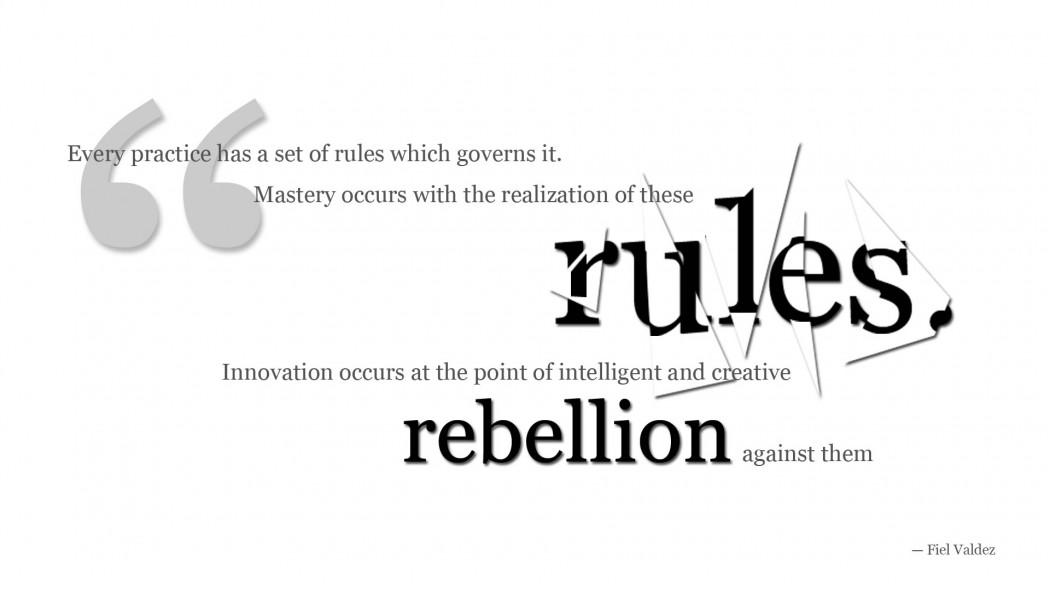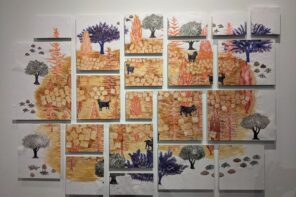Writing Tip No. 3: Visualize
by Dawn Garcia
“Every secret of a writer’s soul, every experience of his life, every quality of his mind, is written large in his works.”
— Virginia Woolf
WRITING TIP No.3: Put your pens down. Back those eager fingers away from the keyboard. VISUALIZE. Sure, visualizing seems more of a modality than an actual writing tip but let’s think about that for a moment. A writer (not researcher) works solely using memory and imagination, the ability to take words and string them together like a symphony. Imagine a musician. A musician must see the music … not literally on the page but as if the notes are dancing through the air. Much like that of a musician, a writer is essentially doing the same thing. A writer has to take even the most mundane feelings and emotions and assign them to a well constructed sentence, a confined character, a reminiscent moment in time. We must think and feel and be keenly aware of our surroundings – and – how those surroundings affect us.
There is a quote by Anais Nin that says:
“The role of a writer is not to say what we can all say, but what we are unable to say.”
It’s true. Being writer requires a healthy amount of courage. We spill the contents of our souls because were we to contain it, it would eat us up from the inside out like a flesh eating bacteria. The words MUST come out. However, what I have found is that so many writers are careless with that release. They cannot see the river within that is is so eager to get out and so rather than release it cautiously, they simply let it spill a dribble at a time and the words no longer dance but rather stumble over one another in an effort to be freed. We must break down the walls. We have to see the words on the page, the story they hold, the power within their meaning.
Let’s talk about critics. Your responsibility with words is even greater. I have read countless reviews that have godawful grammar, hateful language, malicious criticism – Criticism that is no longer critique but rather insight into that particular writer’s level of innate unhappiness within themselves. Much like words, writers reveal themselves through what they write. Your hesitance is transparent. Your carelessness, visible. You inability to express yourself gracefully – all too clear. So … PA– — USE.
If you cannot VISUALIZE the words, the scene, the experience, begin another writing exercise until you do. That exercise I am going to call: PA– — USE and PRACTICE. All of the details are below. So here is what I will finish with.
Writing is powerful but you must open your mind enough to keep from stifling the essence of what has to come out. If you have a story to tell, do so with grace and eloquence, even if it’s dark and twisted. If you are a critic, KNOW why you critique and don’t simply be negative. Give precise examples of HOW the meal or art of experience could have been improved upon. It does no one any good to read negativity for the sake of negativity.
Above all else, please learn the correct grammar and sentence structure. There is nothing more insulting to the words you string together than messily throwing them onto a page without a single concern for their importance.

PA– — USE and PRACTICE
This is your assignment when you cannot allow yourself the freedom to visualize.
1. Have a computer AND a journal or pad of paper at the ready.
2. Go to your computer.
3. Pull up Google and type in: “The meaning of writing” (I am adding the actual definition below.)
4. That term has weight. Purpose. Read every single definition.
NOW – WRITE down 3 sentences:
“I am a writer. I am a conductor of words. I am worthy of the words that pour out of me.”
5. Now go to the pad of paper.
6. Hand write those exact 3 sentences.
7. Read the definitions below.
8. Embrace your inner writer.
9. Conduct your symphony of words.
10. STOP getting in your own way.
11. REBEL. Be your own resistance and write your way. And do it with precision.
12. RESPECT the words on the page.
write (r t)
t)
 t), writ·ten (r
t), writ·ten (r t
t n) also writ (r
n) also writ (r t), writ·ing, writes
t), writ·ing, writesv.tr.
1.
v.intr.
Phrasal Verbs:
write down
write in
write off
write out
write up
Idioms:
write (one’s) own ticket
writ large
Follow ATOD Magazine™ and A Taste of Dawn™
Join in on the Conversation with us on FACEBOOK:


 t)
t)


